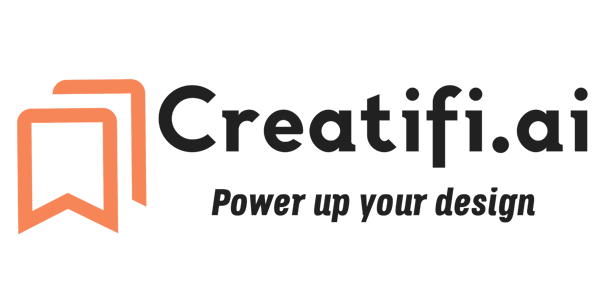The Power of Personalization
Discover how top brands like Starbucks, Amazon, and Netflix use personalized advertising to boost engagement and loyalty. Learn why customization is key to creating impactful marketing campaigns.


In today's crowded digital ecosystem, personalization in advertising has emerged as a crucial differentiator for brands seeking to cut through the noise and connect with their audience on a more intimate level. By tailoring messages and offers to individual preferences and behaviors, companies can significantly enhance engagement, loyalty, and conversion rates. This article explores how several innovative companies have harnessed the power of personalization to deliver remarkable advertising campaigns.
1. Starbucks: Customizing Customer Connections
Starbucks has long been a frontrunner in personalized marketing, leveraging its loyalty program and mobile app to offer tailored rewards and recommendations. Their use of data analytics to understand customer preferences allows them to send personalized offers and discounts, directly increasing customer visits and sales. For instance, the Starbucks app suggests new drinks based on past orders, weather conditions, and even the time of day, creating a highly personalized and engaging customer experience.
2. Amazon: The Benchmark of Personalized Recommendations
Amazon's recommendation engine is a prime example of personalization done right. By analyzing past purchase history, search queries, and even items in the shopping cart, Amazon provides highly accurate product recommendations. This not only enhances the shopping experience but also significantly boosts cross-selling and upselling opportunities. The personalized "Customers who bought this item also bought" feature exemplifies how Amazon uses personalization to drive additional sales.
3. Spotify: Crafting the Soundtrack of Your Life
Spotify takes personalized advertising to the next level with its Discover Weekly and Wrapped campaigns. Discover Weekly provides users with a personalized playlist every week, tailored to their listening habits, while Wrapped gives an annual overview of each user's favorite artists, songs, and genres, along with how their music taste compares to others. These features not only keep users engaged but also turn them into brand ambassadors as they share their unique experiences on social media.
4. Netflix: Personalizing the Viewing Experience
Netflix's recommendation algorithm is another benchmark in personalized advertising. By analyzing viewing habits, ratings, and even the time of day users watch certain content, Netflix can recommend shows and movies with astonishing accuracy. This personalization strategy keeps users engaged for longer periods, reducing churn and fostering a deeper connection with the platform.
5. Coca-Cola: Share a Coke Campaign
Coca-Cola's "Share a Coke" campaign is a classic example of personalization in traditional advertising. By replacing its iconic logo with popular names, Coca-Cola created a personal connection with consumers, encouraging them to find bottles with their names or those of their friends and family. This campaign was a massive success, significantly boosting sales and social media engagement, proving the power of personalization in creating memorable and effective advertisements.
6. Nike: Customized Shopping Experiences
Nike's Nike By You customization service allows customers to design their own Nike merchandise, including shoes, clothing, and accessories. This level of personalization not only provides a unique product but also strengthens the customer's emotional connection to the brand. By involving customers in the creation process, Nike turns a simple purchase into a personalized experience, enhancing customer satisfaction and loyalty.
The examples above demonstrate that personalization in advertising is not just a trend but a fundamental shift in how companies approach marketing. By focusing on the individual needs and preferences of their customers, brands can create more meaningful and effective advertising campaigns that drive engagement, loyalty, and sales. As technology continues to evolve, the opportunities for personalized marketing will only expand, offering endless possibilities for brands willing to invest in understanding and catering to their unique customer base.
